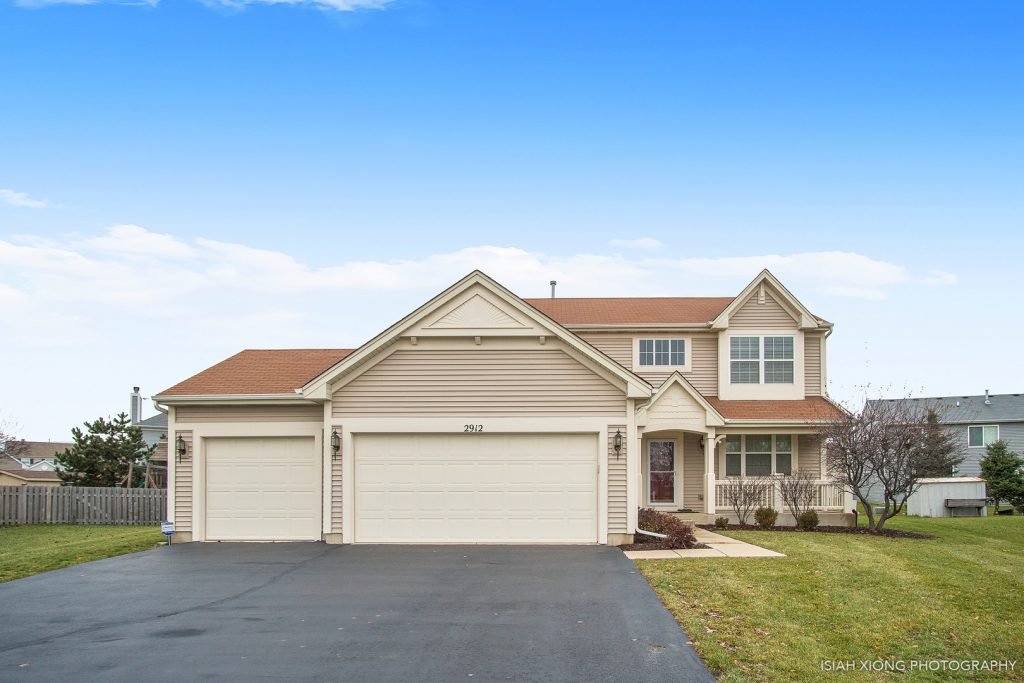What You Should Know about Buyer’s Closing Costs
Most states use escrow companies or attorneys to complete the transaction. You need to check with your state’s attorney or escrow agent, but lots of this information may below still apply. You can typically request a HUD-1 form a day before closing to see details, however, there have been cases that it was not prepared the day of closing. It is not useful to know how much money you will need the very day of closing, so work with your buyer’s agent to find out your costs. Thinking ahead about your CLOSING COSTS.
Folks who have bought before will have some idea of this already, but first-time buyers are often surprised at the fees they have to pay, on top of the mortgage, during their purchase. A savvy agent can, and should, share information with you about the fees you can expect, some of which depend on the price of the home.
If you aren’t being told, or the topic has not yet come up, then you should ask. You will have closing cost depend of you having a loan or not. You don’t want any big surprises.
The other thing to keep in mind is that in the case of SHORT SALES and REOs (foreclosures) the fees may be higher because the bank will not approve of paying some of the normal seller-paid fees. There is usually a disclosure that you will sing with your offer, so pay attention.
There are lots of costs associated with searching for and buying a new home, in addition to the big ticket item itself.
ESCROW and CLOSING COSTS
Let’s talk about the costs associated with your home purchase once you have an accepted offer. While some states use attorneys in the transaction, here in Carlsbad (and California in general) the transaction is handled through a neutral 3rd party, the escrow company, whose responsibility is to ensure all terms and conditions of the contract are met by the buyer and seller before closing and the transfer of the title to the buyer.
Here are SOME of the costs:
Prorated state property taxes (if your state has one)- you will either reimburse the seller for taxes paid from the date of closing until the end of the tax period (semi-annual) or pay the portion owed if not already paid by the seller. In addition, if you finance your purchase your lender will require a prorated portion of taxes to be collected in advance at closing. You will typically see the 100% or 110% tax prorated on your contract. What this means if that seller will have to pay 110% of what last tax year bill way to you, so you then can pay the bill when it comes. Yes, you got it, you do not know exactly what that bill going to be. Hence the reason they give you an extra 10% to cover any increase in Tax bill from the prior year. Don’t count on using this money until the TAX bill comes, your lender most likely will want to hold on to that money and will deposit for your into your escrow account with your bank.
Escrow fee – the fee for the services of the escrow company (typically the seller and buyer split the cost but this may be negotiated). This fee will generally run from around $600 for low-end homes to over $1000 and is determined by the purchase price.
Homeowner’s Insurance – lenders generally require 1 full year paid in advance with proof a policy provided at closing
Pre-paid Interest – interest on your loan from the date of closing until your first mortgage payment
Your down payment – if you have a down payment you will pay the balance due (minus the amount you send with your offer as Ernest Money)
Mortgage fees – those associated with your particular mortgage which may include an application fee, appraisal fee, credit report fee, and loan origination fees/points. Please get a Good Faith Estimate from your lender ahead of time, they will have an estimated amount.
Miscellaneous fees that vary from the transaction – flood certificate, overnight mail, document recording, title preparation,

